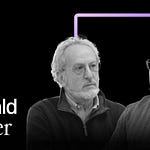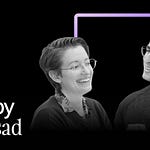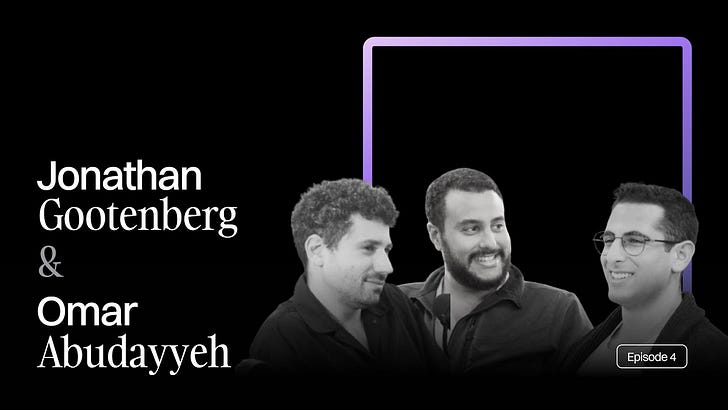This week, I sat down with genome engineering prodigy Michael Florea.
I first met Michael at the Longevity Biotech Fellowship retreat in Tahoe National Forest, California (2.5hrs east of SF). I was in the final days of building an AI edtech startup, and looking for advice on what to do next.
Michael had been genetically engineering longevity since he was 16 years old. What he always wanted to do was extend the human lifespan. But he decided that the most impactful technology he could work on first was to remove the human bottleneck on in vivo experiments, namely for mice.
In vivo experiments are incredibly expensive, primarily because human beings are required to look after, feed, clean and collect data from mice living in old archaic mouse cages. If you’re doing a PhD, you’ll receive a literal email from a human when your mice die. It’s a brutally manual process.
The industry had not been disrupted in decades.
Now, as co-founder of Olden Labs, Michael is tackling this massive bottleneck in biomedical research: the manual, expensive nature of animal studies.
But we also reveal something that has not yet been discussed. In an as-of-yet unpublished paper, Michael and his colleagues in the Amy Wager’s lab at Harvard, have made a massive breakthrough in whole-organism gene delivery.
In this episode, we dive deep into:
The hidden crisis in animal research: Why a single aged mouse costs $700 (and is often sold out), how manual measurements create irreproducible results, and why the person running your experiment might be the biggest variable in your data
Olden Labs’ smart cages: How computer vision and AI can track 23 different health metrics continuously, eliminate the “technician effect,” and reduce study timelines from 4 years to 6 months
Breaking the gene delivery barrier: Michael’s breakthrough combining multiple AAV serotypes into a linear mathematical “cocktail” that achieves greater than 80% organism-wide, uniform-tissue expression - something nobody has achieved in AAV’s 60-year history
The economics of drug development: Why improving model predictiveness by just 1% equals screening 16x more drug candidates, and how Regeneron’s 25-year investment in humanized mice led to 8 consecutive drug successes
From automation to AI: How collecting standardized phenomics data at scale could enable the first true biological foundation models - imagine predicting drug effects in silico before any animal testing
Michael shares his journey from discovering Aubrey de Grey’s “Ending Aging” as a teenager in Estonia to developing what might be the most comprehensive whole-body gene delivery system ever created. We explore the technical challenges of AAV engineering, the game theory of data sharing in biology, and why solving these infrastructure problems might be the key to making humanity an immortal and disease-free species.
Whether you’re interested in gene therapy, drug development, research automation, or just understanding why biology moves so slowly, you should watch this episode.
But in case you’re short on time, here’s a quick teaser:
Watch on YouTube; listen on Apple Podcasts or Spotify.
GUEST INFORMATION:
Michael Florea, PhD - Co-founder, Olden Labs
Whole-Organism Gene Delivery Paper: Unpublished as of now
CONNECT WITH US:









